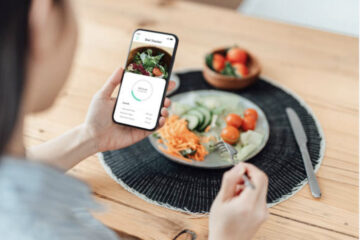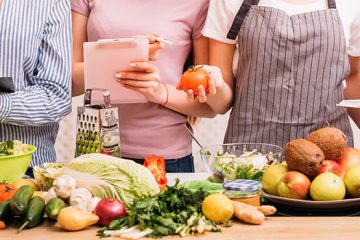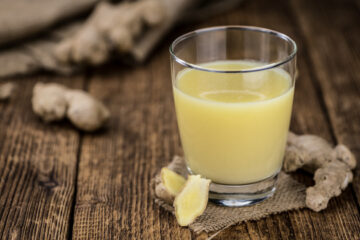Chronic kidney disease (CKD) is a long-term condition where the kidneys don’t work as well as they should. CKD can get worse over time, and for some, the kidneys can stop working completely. Many people with CKD are, however, able to live long lives without needing additional renal therapy.
You can help prevent CKD, or progression of already existent CKD, by making healthy lifestyle changes and ensuring any underlying conditions are under control.
Common Questions Answered
High blood pressure, poorly-controlled diabetes, high cholesterol, kidney infection, kidney inflammation and polycystic kidneys
Tiredness, swollen ankles, shortness of breath, feeling sick, blood in your urine
Blood and urine tests
You may need to change what you eat to manage your CKD or its underlying conditions. The internet is full of blogs and forums that talk about foods you need to avoid to keep your kidneys safe, however, this can be really confusing! Often, people come out of their internet searches asking themselves, “if this is everything I can’t eat, what’s left?”
Luckily you don’t have to figure all of this out alone! Your dietitian can help you with meal planning and making sense of your blood results to ensure your diet is right. In the meantime, here are a few things you might be wondering about kidney disease.

How can I slow down or stop the progression of CKD?
Unfortunately, kidney damage is not reversible. However, there are things that you can do to maintain your current kidney function to avoid dialysis, or slow down the progression of your CKD. Here are a few tips:
- Choose and prepare food with less salt or sodium
- Eating the right amount and right type of protein
- Aim for a healthy weight to lower blood pressure and help control diabetes
- Eating heart-healthy fats to prevent cholesterol from building up in your blood vessels
What are the metabolic complications of CKD?
CKD is associated with a range of metabolic complications, some of which can be prevented with the right diet, and some of which will need medication or other medical interventions. These include:
- Anaemia
- Metabolic acidosis
- Bone disease and high phosphorous
- Heart disease
- High potassium (hyperkalaemia)
- Fluid build-up
I’ve read about Potassium and it sounds really scary!
One of the kidneys’ most important roles is clearing potassium from the blood to avoid a build-up. When the kidneys stop working as well as they should, they don’t clear potassium as much. High potassium blood levels can make you feel really sick and can even cause heart failure. There are two very important things you should know about potassium:
- Potassium does not cause further damage to your kidneys
- Having a low Potassium level is just as bad as having a high potassium level. Low levels can also lead to heart failure!
So how do you manage potassium levels?
- Track your lab results – they will tell you whether you need to eat a bit more or less high potassium foods
- Work with your dietitian to adjust your food sources
- Boil your vegetables – even just parboiling vegetables for 10 minutes will significantly reduce the potassium content of the food (remember to throw the water you used away, as this will contain all the potassium.

Step one to eating right for the kidneys:
Choose and prepare food with less salt (sodium)
- Buy fresh food most of the time to avoid added salt to pre-packaged foods.
- Cook food from scratch so that you know how much salt has been added.
- Use spices, onions, peppers and herbs instead of salt to flavour your food
- Check the sodium content on the nutrition label before you eat packaged foods. The traffic light system makes this easy – avoid foods with a red salt content.
- Rinse tinned vegetables that are in brine before eating
High sodium foods
- Baking mixes
- Bread, cereals and salted crackers
- Tinned soups and stews
- Some tinned vegetables and beans
- Condiments like ketchup, mustard, soya sauce and salad dressings – look for low salt options
- Cheese
- Pretzels and crisps
- Any foods with seasoning in packets (like two minutes noodles)
- Pickled foods and olives
- Processed meats (bacon, hot dogs and deli meats)
- Pasta sauces
How can a renal dietitian help you? A dietitian can tell you:
- How much protein you should eat
- Tell you how much potassium and phosphate are fine to eat and which foods contain them
- How to reduce sodium (or salt) in your diet
- How to manage fluid intake and understanding the difference between dry and wet weight
- How to consume healthy fats to keep a healthy heart
- How to meal plan and what to eat when eating out.







